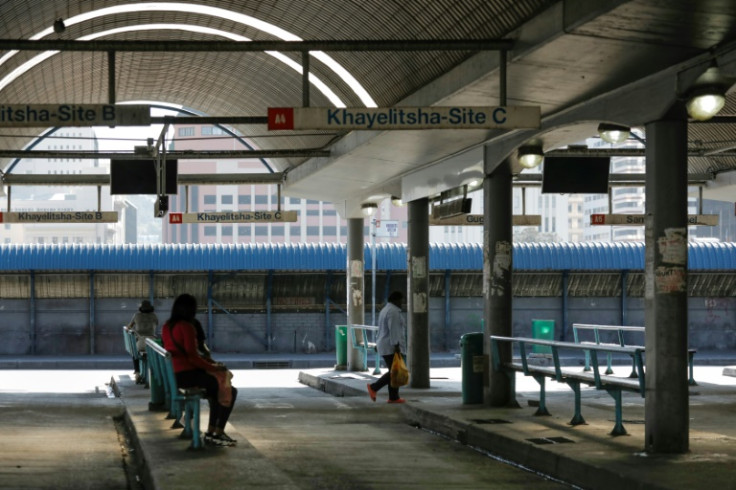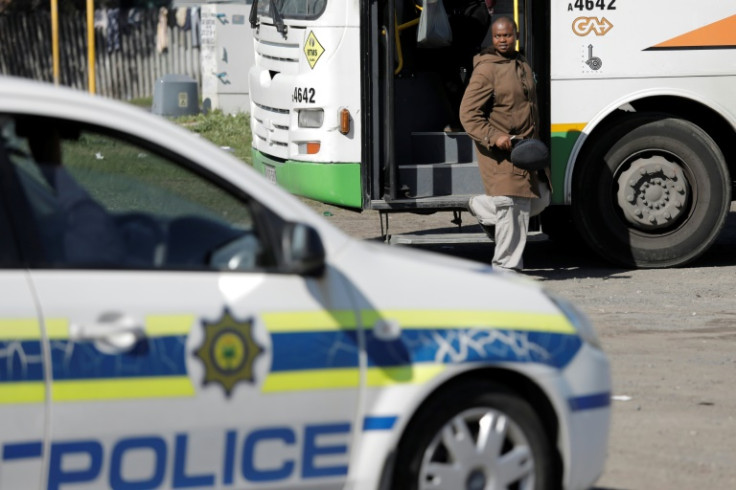Briton Among Five Dead In Cape Town Strike Violence: Police

Violence in Cape Town appeared to have eased after a week-long minibus taxi strike that paralysed the city and left five dead including a British tourist, police confirmed Thursday.
News of the toll came as the strike in one of South Africa's largest cities -- which has stranded commuters -- was extended at least until Friday, though no new violence had been reported since Tuesday.
The 40-year-old British man was shot and killed on August 3 after a road blockage by strikers forced him to drive a route that led him to a township area participating in the strike.
"No arrests have been made pertaining to the British citizen but investigations are certainly underway," warrant officer Joseph Swartbooi told AFP.
The man identified as Kar Teoh was reportedly killed in front of his wife and two-year-old son.
Teoh was a consultant foot and ankle surgeon at the state-run Princess Alexandra Hospital NHS Trust in England.
"His professional dedication was unparalleled, but it was his personal warmth, his commitment to friendship, and his unwavering support that we will remember most fondly," friend and fellow orthopaedic surgeon Paul Lee said in an online tribute.
City authorities extended their "condolences to his loved ones and all others who have become victims of this violence."
A police officer was also killed on Friday as officers were "performing crime prevention patrols to quell taxi related incidents", authorities said.
Authorities reported three other deaths that were believed to be related to the strike.
Drivers of minibus taxis, the main mode of transport for millions of working-class South Africans, have blocked multiple roads in a strike that began last Thursday as a result of clashes with city authorities.
The South African National Taxi Council (SANTACO) called for the action over a new law giving the city the power to impound vehicles over offences such as driving without a licence, not displaying registration plates or overloading.
President Cyril Ramaphosa has condemned the violence.
Talks between the minibus taxi union and the local government, which came to a deadlock at the weekend, resumed on Thursday.
Authorities said in a statement that measures were being taken to "mitigate impact" on service delivery while the strike continues.
Various supermarkets had empty shelves on Thursday afternoon, an AFP reporter saw.
"If the strike can end everything can be alright. We are getting hungry now... There's no bread, there's no milk, there's no eggs," a distressed 58-year-old, who asked to remain anonymous over security fears, told AFP.
The factory machine operator, who had to walk an hour to catch a bus in a neighbouring township, went to work for the first time in a week owing to taxis halting operations.

© Copyright AFP 2024. All rights reserved.




















